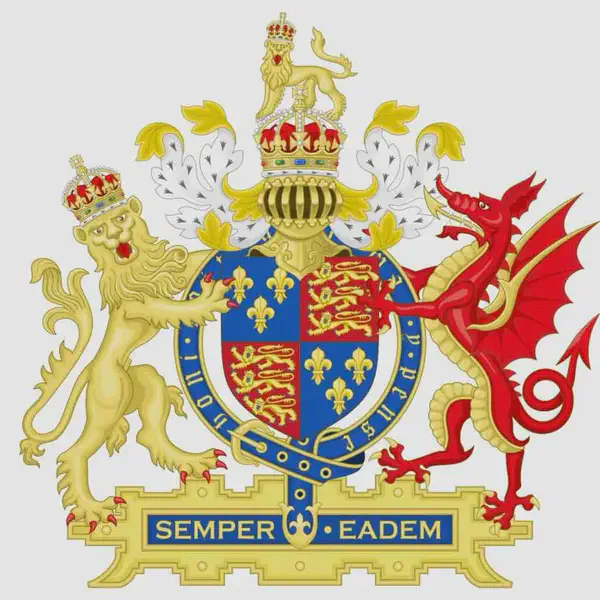
The Navigation Act Restricts Irish Trade With Colonies as Well as Exports to England
July 27, 1663
The Navigation Acts, or more broadly the Acts of Trade and Navigation, were a long series of English laws that developed, promoted, and regulated English ships, shipping, trade, and commerce between other countries and with its own colonies.
Navigation Act 1663
The Navigation Act 1663 (15 Cha. 2 c.7), long-titled An Act for the Encouragement of Trade, also termed the Encouragement of Trade Act 1663 or the Staple Act, was passed on 27 July. This strengthening of the navigation system now required all European goods, bound for America and other colonies, had to be trans-shipped through England first.[2] In England, the goods would be unloaded, inspected, approved, duties paid, and finally, reloaded for the destination.
This trade had to be carried in English vessels (“bottoms”) or those of its colonies.
Pay the Taxes !
Furthermore, imports of the ’enumerated’ commodities (such as tobacco and cotton) had to be landed and taxes paid before continuing to other countries.
“England”, as used here, includes Wales and Berwick-upon-Tweed, though those places were little involved in colonial trade.
England as Middle Man
The mercantile purpose of the act was to make England the staple for all European products bound for the colonies, and to prevent the colonies from establishing an independent import trade.
This mandated change increased shipping times and costs, which in turn, increased the prices paid by the colonists. Due to these increases, some exemptions were allowed; these included salt intended for the New England and Newfoundland fisheries, wine from Madeira and the Azores, and provisions, servants and horses from Scotland and Ireland.